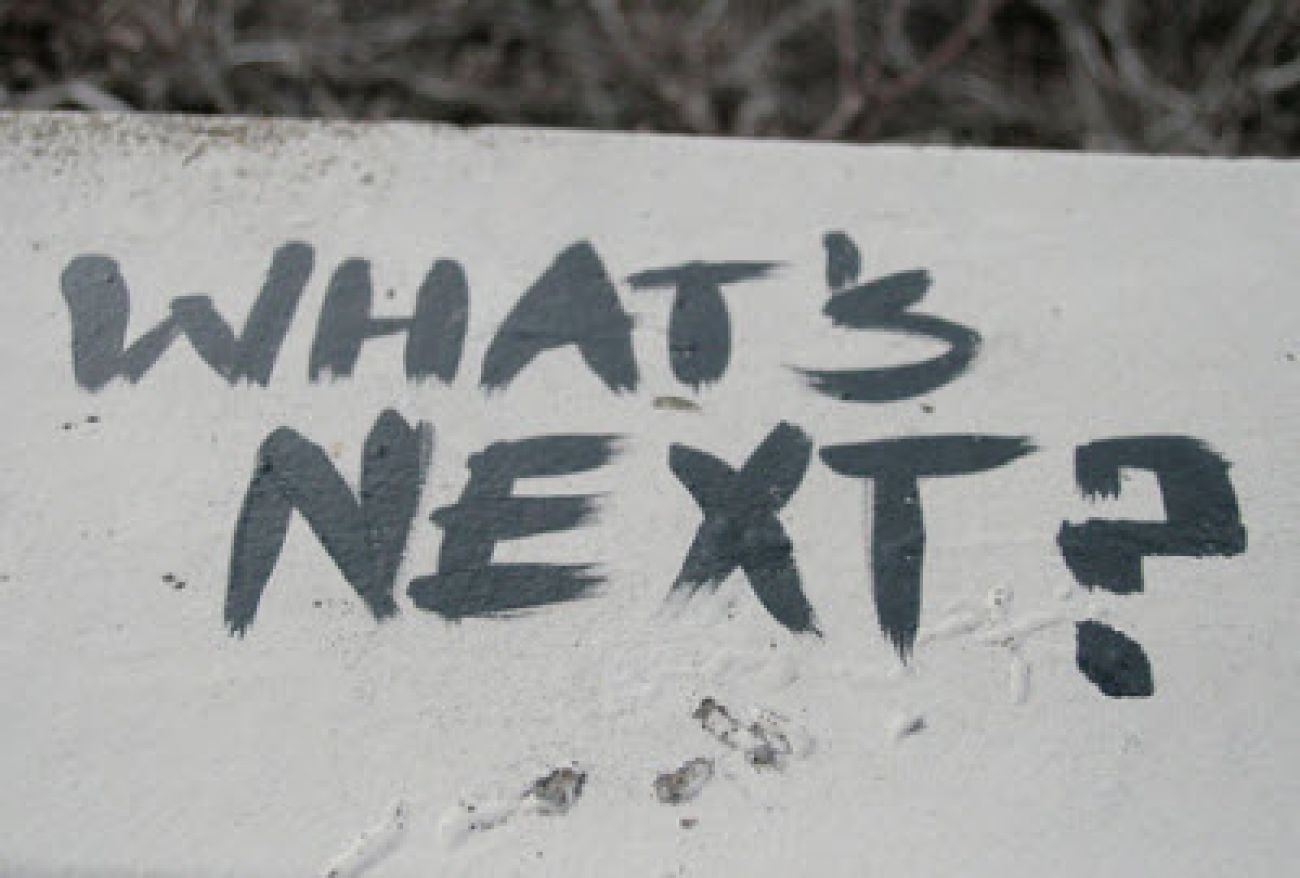On horizon for preschools: More public-private partnerships

MACKINAC ISLAND -- Legislators had barely made it to Mackinac Island after passing an historic increase in funding for early childhood education before discussion turned to what happens next.
A panel today predicted more public-private partnerships in pre-K for 4-year-olds and investment in brain development at even earlier ages could be on the horizon if Michigan continues to be a leader in early childhood education.
On Wednesday, Michigan’s Legislature passed a $65 million increase in preschool funding, the largest increase in the nation this year. That investment in the Great Start Readiness Program will allow at least 10,000 more low- and moderate-income 4-year-olds to attend high-quality, publicly funded preschool. Studies show that children who enroll in GSRP perform better academically throughout their K-12 careers, are held back less often and graduate at a higher clip.
Rob Grunewald, an economist with the Federal Reserve Bank of Minnesota, said there is a $4 to $9 return on every dollar spent on high-quality preschool. The key, Grunewald said, is having high standards for teachers and following a research-based curriculum. GSRP requires certified teachers with additional early childhood certification, a higher standard than many other states that run pre-K programs.
Oklahoma has had a universal pre-K program since 1998 to address the achievement gap between low-income and high-income students. “If they start out (kindergarten) behind, they stay behind, and bad things start to happen,” said Bob Harbison, a former member of the board of directors of Smart Start Oklahoma.
MORE COVERAGE: Michigan moves into national forefront of preschool funding
Oklahoma now has 80 percent of its 4-year-olds enrolled voluntarily in state-funded preschool programs (70 percent for full day). Now, state leaders are turning their attention to helping children younger than age 4.
“Today we have 4 percent of our 3-year-olds in school programs, with no funding – the schools are just doing it,” Harbison said. Another $25 million is on its way for age 0-3 programming - $10 million from the state and $15 million from the private sector.
“We have 54,000 births a year and two-thirds are paid for by Medicaid,” Harbison said, meaning that over half of all children are living in low-income families. “We’ve got to focus more on birth to 3. And to do to that, we’ve got to have some kind of contact with the parents.”
“We cannot forget parents,” said Carla Thompson, vice president of program strategy at the Kellogg Foundation. “Children don’t live in silos. They live in families.”
The Kellogg Foundation is working to engage parents in early childhood education decisions, such as providing information about where high-quality preschool can be found in their communities.
Grunewald encouraged Michigan political and business leaders to work together to improve early childhood education. Michigan is encouraging the private sector to provide a larger share of GSRP classrooms (currently private providers enroll less than 10 percent of GSRP students). Business leaders in some states have programs to help new child care providers learn enough about business to keep the doors open, Grunewald said.
Grunewald praised Michigan’s 60-percent increase in preschool funding, and that Michigan should now focus on more public-private partnerships to fund programs for younger children.
Businesses are willing to pony up for programs like that because they see them as a good investment.
“The investment Michigan is making in early childhood education is going to have a long-term effect,” Thompson said.
Michigan Education Watch
Michigan Education Watch is made possible by generous financial support from:
Subscribe to Michigan Health Watch
See what new members are saying about why they donated to Bridge Michigan:
- “In order for this information to be accurate and unbiased it must be underwritten by its readers, not by special interests.” - Larry S.
- “Not many other media sources report on the topics Bridge does.” - Susan B.
- “Your journalism is outstanding and rare these days.” - Mark S.
If you want to ensure the future of nonpartisan, nonprofit Michigan journalism, please become a member today. You, too, will be asked why you donated and maybe we'll feature your quote next time!


